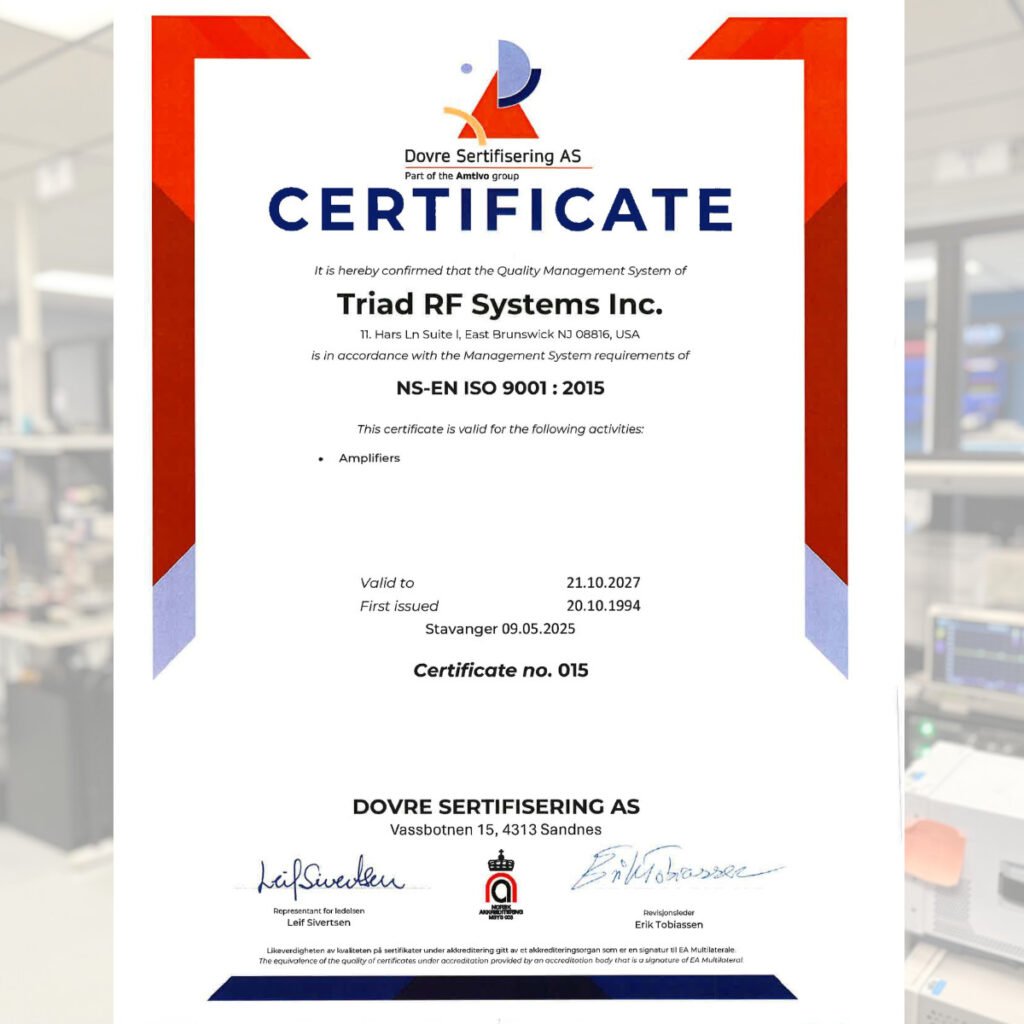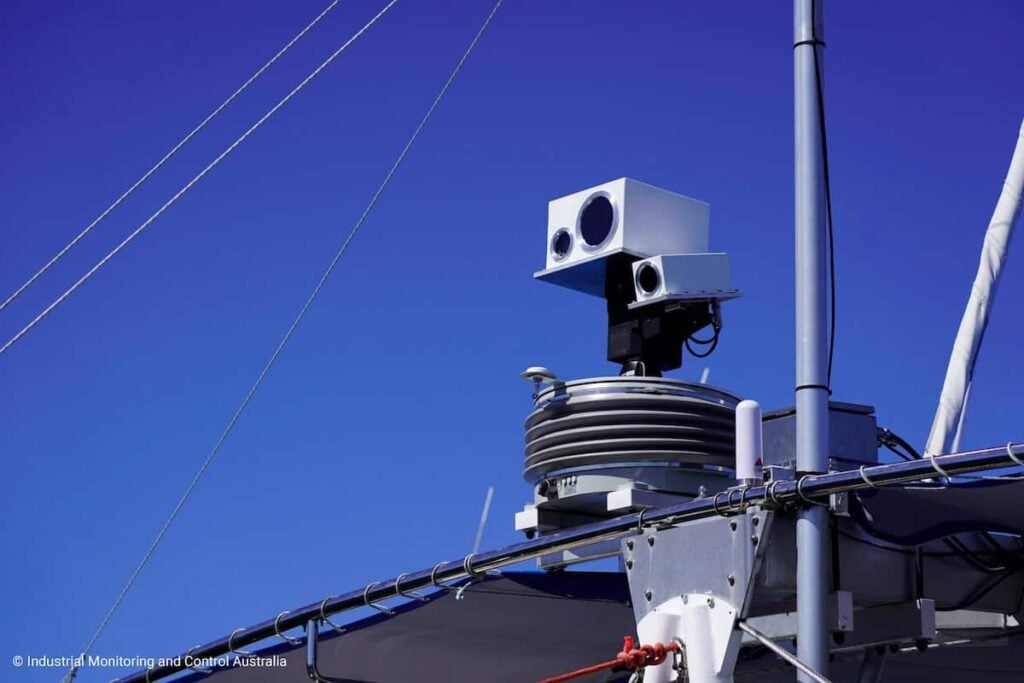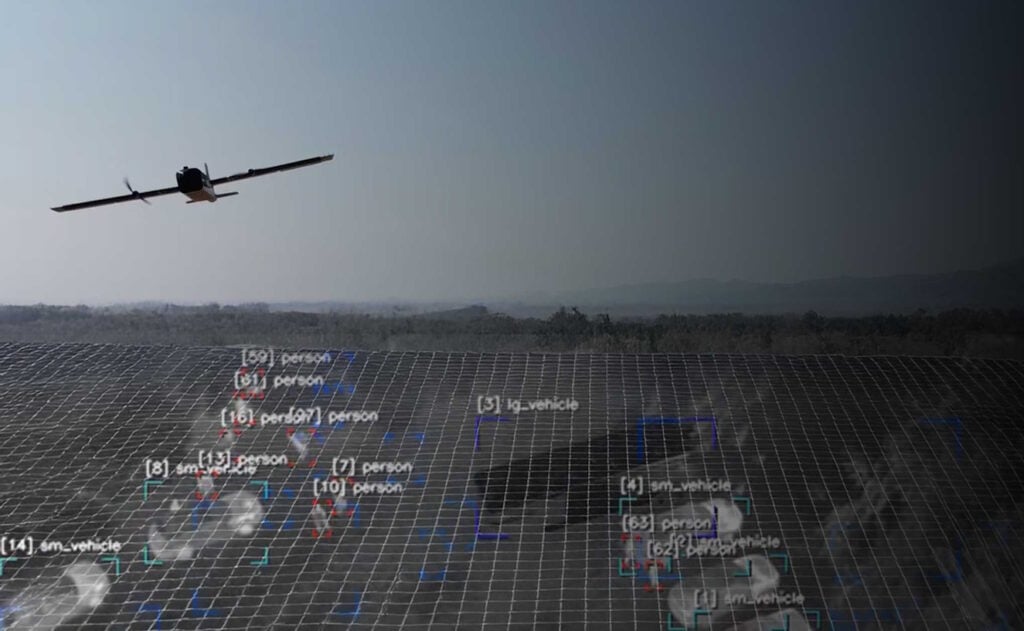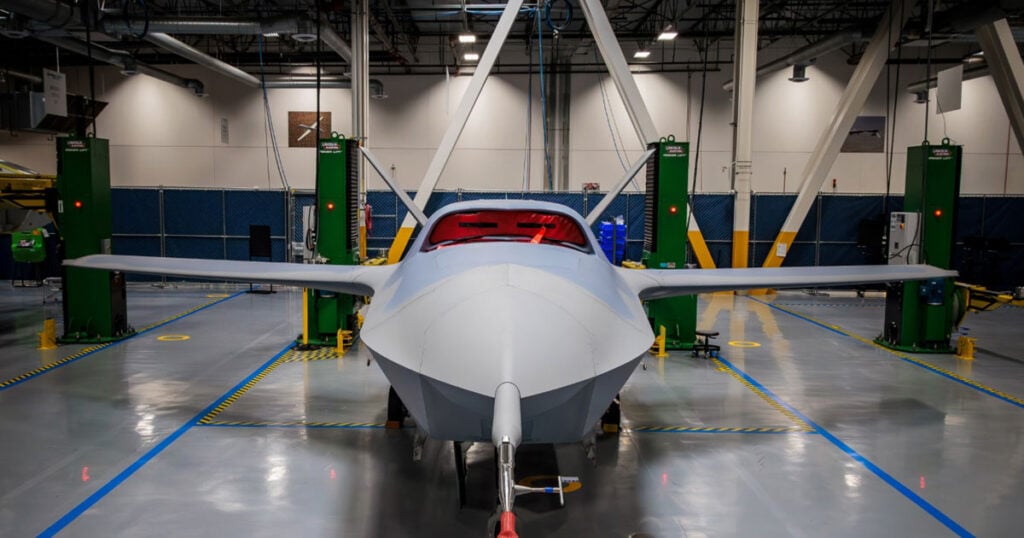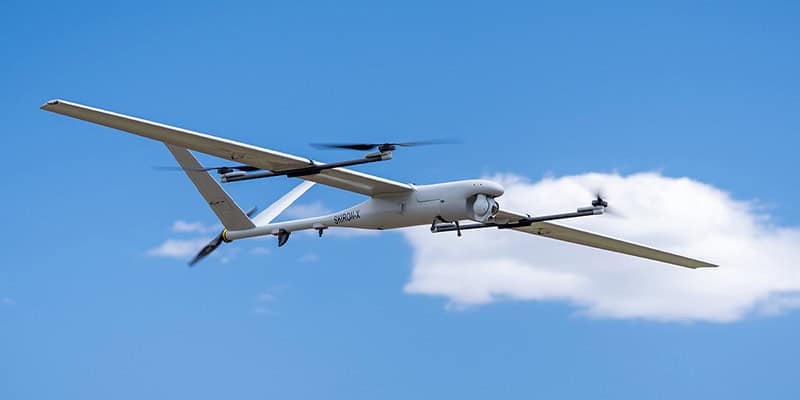
Atomic Clocks
Discover cutting-edge solutions from leading global suppliers
Advanced quantum navigation systems that cannot be jammed or spoofed by hostile actors have been successfully tested in flight.
While GPS jamming is currently relatively rare and does not directly impact an aircraft’s flight path, new quantum-based Positioning, Navigation, and Timing (PNT) systems could, over time, offer one part of a larger solution to providing highly accurate and resilient navigation that complements current satellite systems – which could help ensure that the thousands of flights that take place around the world daily, proceed without disruption.
Infleqtion, a quantum technology firm, in collaboration with aerospace companies BAE Systems and QinetiQ, completed the trials at MoD Boscombe Down in Wiltshire, with Science Minister Andrew Griffith aboard the final test flight on Thursday 9th May.
These tests are believed to be the first time that this sort of ground-breaking technology has been tested in the UK on an aircraft in flight, and the first such flights worldwide have been publicly acknowledged.
Science Minister Andrew Griffith said; “From passenger flights to shipping, we all depend on navigation systems that are accurate, safe and secure. The scientific research we are supporting here could well provide the resilience to protect our interests.
“The fact that this technology has flown for the first time in British skies, is further proof of the UK as one of the world leaders on quantum.”
In a series of test flights, the team led by Infleqtion demonstrated two ground-breaking quantum technologies: the compact Tiqker optical atomic clock and a tightly confined ultra-cold-atom-based quantum system, both aboard QinetiQ’s RJ100 Airborne Technology Demonstrator, a modified aircraft.
The technology being tested on the flight will form part of a Quantum Inertial Navigation System (Q-INS), which has the potential to revolutionise PNT, with the system offering exceptional accuracy and resilience, independent of traditional satellite navigation using GPS.
PNT helps us know our location, navigate, and keep track of time. The cornerstone of modern PNT technology is precision clocks. These ultra-accurate timekeepers are crucial for various applications, and portable production of ultracold atoms is another key piece of the puzzle. Ultracold atoms – atoms that have been cooled to temperatures near absolute zero (the coldest possible temperature) – are ideal for building quantum accelerometers and gyroscopes, which form the heart of a Q-INS.
The test is part of a project funded by UK Research and Innovation (UKRI) specifically focusing on creating quantum sensors to address the UK’s heavy reliance on GNSS/GPS for location, navigation, and timing data. This dependence creates a vulnerability, as a single point of failure (like jamming or spoofing GPS signals) could disrupt critical economic, defence, and strategic activities.
Infleqtion UK President, Dr Timothy Ballance, said; “Our recent trials mark a significant step forward in the development of quantum PNT solutions. The work we have done directly addresses the critical need to reduce our reliance on satellite navigation systems, which are vulnerable to various risks.
“The successful flight trials demonstrate the potential of quantum technology in overcoming navigation system challenges, which is an exciting development for future applications in the aerospace industry and beyond.”
Henry White, Sensing Technology Lead – BAE Systems, said; “These trials are an important step forward in developing quantum technology that could ultimately offer a significant military advantage. Knowing reliably and precisely when and where any asset and sensor system are, feeds into additional options for platform design and capability. This will play a big role in supporting the development of next generation combat air systems. Working closely with wider industry and experts now, at the early stages of the technology development, helps us to shape the solution in a way that ensures the technology can be integrated for military applications.”
Simon Galt, Managing Director (Air) at QinetiQ, said; “We’re proud to be partnering with BAE Systems and Infleqtion to enable the successful trial of this cutting-edge technology, demonstrating our ability to rapidly and effectively collaborate across the defence ecosystem, combining our quantum expertise with our Airborne Technology Demonstrator jet.”
Roger McKinlay, Challenge Director Quantum Technologies at Innovate UK, part of UK Research and Innovation (UKRI), said; “Modern infrastructure is increasingly dependent on highly accurate timing and navigation derived from satellite signals. These flight tests mark the culmination of two excellent projects which Infleqtion has had the vision to create and the deftness in leadership to execute with an outstanding team of collaborators.”
The completion of these flight trials marks a significant milestone towards Mission 4 of the UK’s National Quantum Strategy. By 2030, this mission aims to deploy quantum navigation systems on aircraft, providing next-generation accuracy and resilience independent of satellite signals. The successful testing of an optical atomic clock, Infleqtion’s Tiqker, and core elements of a quantum inertial sensor aboard QinetiQ’s RJ100 Airborne Technology Demonstrator represents a breakthrough in airborne quantum technology.











